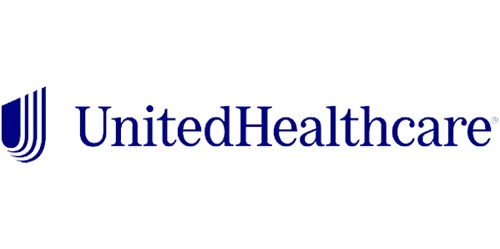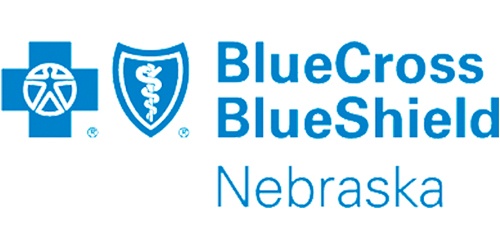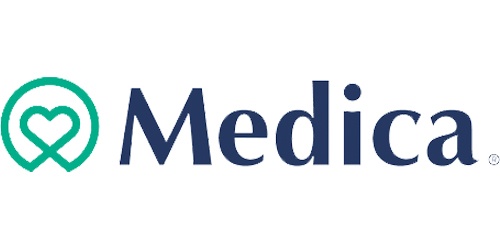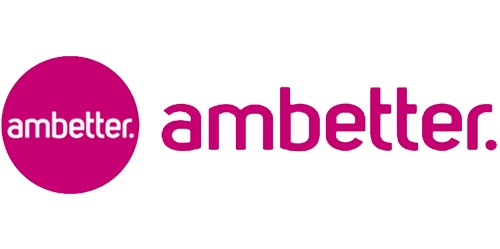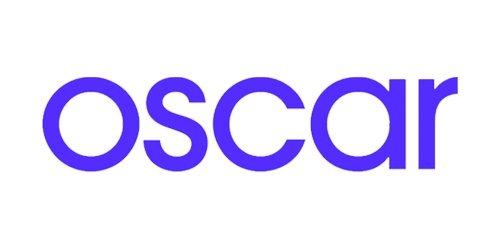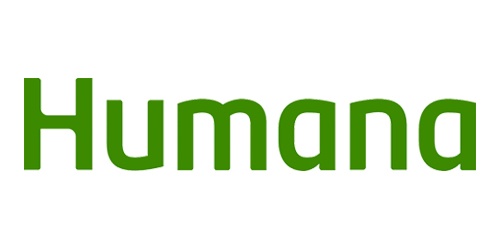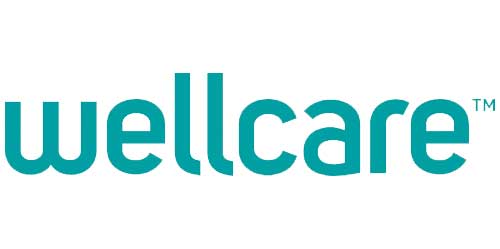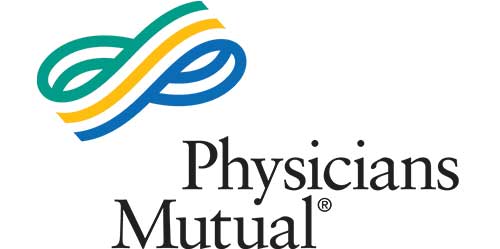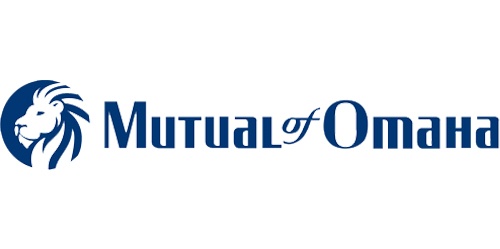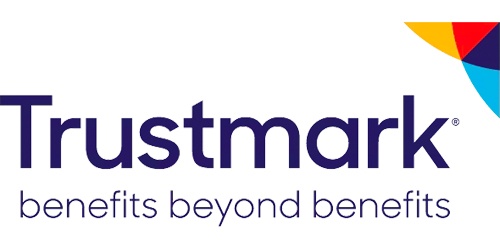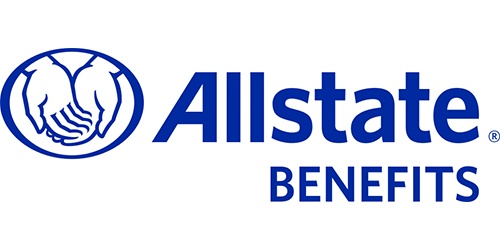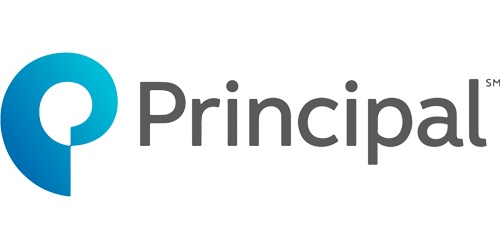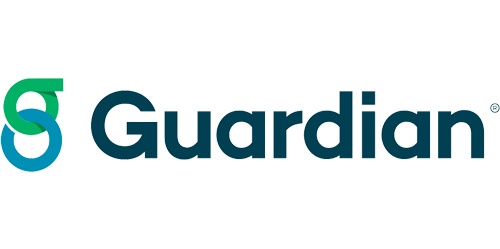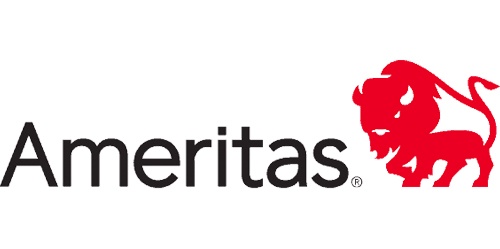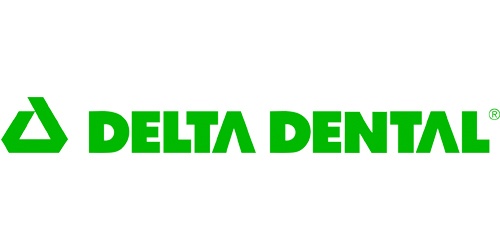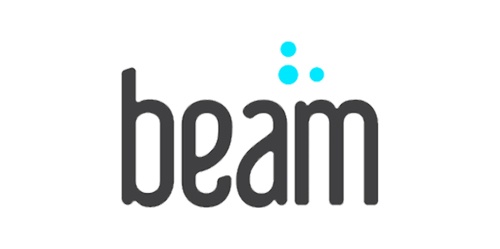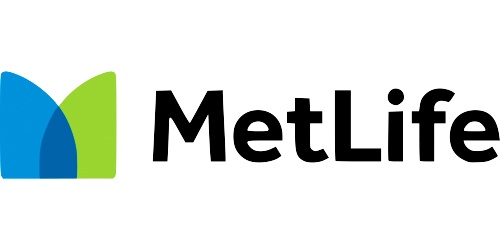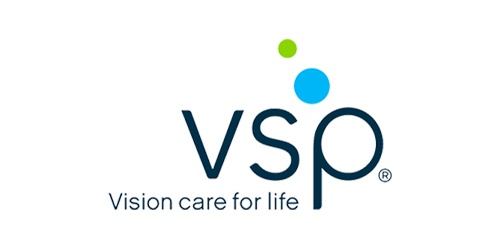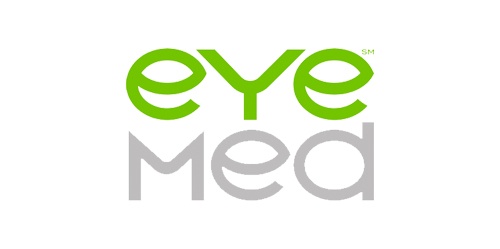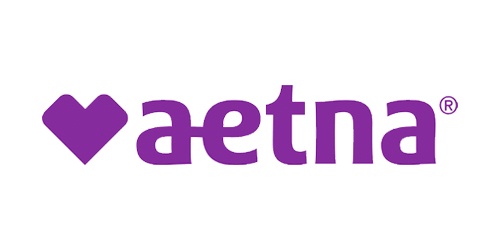2024 Medicare Part D Notice
REMINDER: IT IS THAT TIME OF YEAR AGAIN, WHEN PLAN SPONSORS THAT OFFER PRESCRIPTION DRUG COVERAGE UNDER A GROUP HEALTH PLAN TO MEDICARE PART D ELIGIBLE INDIVIDUALS, TO NOTIFY THEM WHETHER THEIR COVERAGE IS CREDITABLE.
REGULATION: The Medicare Part D regulations require employer plan sponsors that offer a prescription drug plan under a group health plan to participants and beneficiaries who are also Medicare Part D eligible, to notify them annually before Medicare Open Enrollment starts on October 15th whether the drug coverage under the employer’s plan is creditable of non-creditable.
Purpose of the Medicare Part D Notice
The Medicare Part Notice informs participants and beneficiaries eligible for both the group health plan and Medicare, prior to the start of the Medicare Open Enrollment period of October 15-December 7, whether the prescription drug coverage under the group health plan is as good as or better than Medicare Part D prescription drug coverage. If the group health plan prescription drug coverage is at least as good as Medicare Part D prescription drug coverage, it is considered creditable. Knowing whether the group health plan coverage is considered creditable helps the participant and beneficiary make an informed decision as to which plan to enroll.
Creditable Drug Coverage
Not all employer-based health plans are considered creditable. Coverage is considered creditable if the actuarial value of the coverage is equal to or exceeds the actuarial value of standard Medicare Part D prescription drug coverage, when using generally accepted actuarial principles in accordance with the CMS actuarial guidelines. In other words, an actuarial determination can show whether the expected amount of paid claims under the employer’s prescription drug coverage is at least as much as the expected amount of paid claims under the standard Medicare prescription drug benefit. If the group health plan is creditable Medicare-eligible active members and retirees are likely to remain with their current plan and, in the future, be able to enroll in a Medicare prescription drug plan without the late enrollment penalty consequences discussed below. Note, group health plans with multiple prescription drug benefit options must apply the actuarial creditable coverage test separately for each benefit option.
Consequence of Enrolling in Non-Creditable Prescription Drug Coverage
The consequence of a participant or beneficiary enrolling in employer sponsored non-creditable prescription drug coverage offered in a group health plan, is that the individual may have to pay a Medicare Part D late enrollment penalty, if 63-days or more in a row lapse without them having Medicare drug coverage or other creditable prescription drug coverage. The cost of the late enrollment penalty depends on how long the individual goes without creditable prescription drug coverage. The penalty amount may increase each year. After the individual enrolls in Medicare drug coverage, the plan will tell them if they owe a penalty and what the actual premium will be. The individual may be able to ask for “reconsideration” if they do not agree with imposition of a late enrollment penalty.
The Medicare Part D Notice
The Centers for Medicare and Medicaid Services (“CMS”) division of the U.S. Department of Health and Human Services (“HHS”) publishes model Notices (creditable and non-creditable coverage) that may be used by plan sponsors. These models can be found here. A plan sponsor can choose to use their own customized form but make sure it contains all the current required model form provisions.
Medicare Part D Notice Distribution
For 2024, these notices must be provided no later than October 13, 2023, since October 15th is a Sunday.
A plan sponsor has some flexibility in how the Medicare Part D Notice is distributed, but First-Class U.S. Mail is the best method. Certified mail with a return receipt requested should not be used.
It may be possible to deliver the Medicare Part D Notice electronically, if the plan sponsor takes measures calculated to ensure the participants receive the Notice, which results in actual receipt (i.e., confirm receipt by participant and/or dependent). In order to obtain safe harbor protection for an electronic delivery of the Notice, an employer must limit the electronic delivery to employees who (a) have the ability to access electronic documents at their regular place of work and can access your electronic information system on a daily basis as part of their work duties (which may not be impossible if the employee is in a non-office situation), or (b) have consented to receive electronic notices from the plan sponsor using the consent process that normally applies to delivery of SPDs, which can be found in Department of Labor (“DOL”) Regulation Section 2520.104b-1(c)(1). Unfortunately, these safe harbor electronic delivery requirements are often too restrictive and prevent many plan sponsors from being able to use electronic delivery for all recipients of the Notice, particularly in the case of spouses and dependents who are otherwise Part D eligible.
In all cases, please remember that if electronic delivery is used (whether safe harbor or not), the plan sponsor must notify each recipient of the significance of the Notice, that a paper version is available on request, and that the recipient is responsible for providing a copy of the Notice to his or her covered Medicare-eligible dependents. The plan sponsor must also post the Notice on its website with a link on your home page.
Also, whatever distribution method is used, it is important to retain evidence of delivery (e.g., through logs or evidence of mailing) in case of audit.
Other Notice Distribution Considerations
Provide a Medicare Part D Notice to all eligible individuals enrolled in or seeking to enroll in your group health plan coverage, including spouses and dependents if they are otherwise Part D eligible. Since this group could include current or former disabled or retired employees, spouses or dependents, the simplest approach to compliance is to provide a Notice to everyone enrolled or eligible to enroll in your plan. The employer plan sponsor can mail a single Medicare Part D Notice to a Part D eligible employee and all his/her Part D eligible dependents. However, if the plan sponsor knows that a spouse or dependent who is Part D eligible resides at a different address from the employee, they must provide separate Notices to that spouse and/or dependent.
An employer plan sponsor can combine the Medicare Part D Notice with other information provided to participants, such as open enrollment materials or summary plan descriptions (“SPDs”), but the Notice must be “prominent and conspicuous.” This means the Notice portion of the document (or a reference to the section in the document being provided to the individual that contains the required statement) must be prominently referenced in at least 14-point font in a separate box, bolded, or offset on the first page of the other information that is being provided.
Consequences of Non-compliance
There is nothing in the Medicare Part D law that provides a mechanism for CMS to enforce penalties or other sanctions for failure to comply with these Part D disclosure requirements, except against plan sponsors claiming the ACA retiree drug subsidy. As discussed above, the impact would be on the eligible participant and/or beneficiary who may receive Medicare Part D late enrollment penalty. Certainly, an employee that incurs a late enrollment penalty will look to the employer plan sponsor if they were not provided proper notice of non-creditable prescription drug coverage.
Disclaimer: The information provided in this benefits compliance update is not intended to constitute legal advice or create an attorney-client relationship. Instead, the information is provided for general informational purposes only. All liability with respect to actions taken or not taken based on the contents of this newsletter is hereby expressly disclaimed. No reader, user, or browser of this benefits compliance update should act or refrain from acting on the basis of information in this update without first seeking legal assistance from their own attorney. This benefits compliance update contains links to governmental or other third-party websites as a convenience to the reader interested in additional information on the topic. ComPro does not recommend or endorse the contents of the third-party sites.
—————————
If you have any questions, call our office at (402) 488-5100
.

